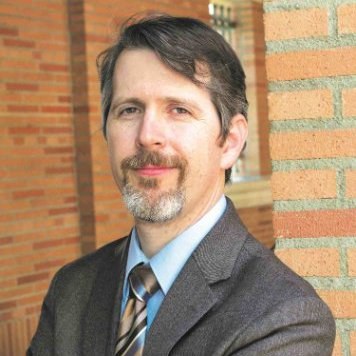The Gift Economy of Direct Transnational Civic Action: How Reciprocity and Inequality Are Managed in Religious “Partnerships”
Abstract
Adler Jr, G. J., & Offutt, S. (2017). The Gift Economy of Direct Transnational Civic Action: How Reciprocity and Inequality Are Managed in Religious “Partnerships”. Journal for the Scientific Study of Religion, 56(3), 600-619.
How does religion help facilitate civic action in transnational contexts characterized by material inequality and spatial separation? Short-term mission (STM) travel, a popular activity among U.S. religious groups, exemplifies a recently emerged form of transnational civic action characterized by face-to-face, decentralized, pragmatic activity. Our research analyzes how participants in STM-based relationships manage inequality while pursuing an ideal of partnership across distance. We match data from a mixed methods study of Arizona congregations that produce STM travel with interview data from foreign religious organizations that host STM travelers in El Salvador. We engage gift exchange theory (GET) to show how a discursive repertoire combines with organized gift exchange practices to manage inequality and produce partnership in STM-based relationships. Our data provide evidence of a unique cultural process, the spiritualization of reception, which emerges during gift reciprocation. This process converts unequal material gifts from foreign hosts into spiritual understanding among STM travelers, stabilizing status indebtedness that could threaten a partnership. This research increases knowledge of STM travel, shows how gift exchange structures can facilitate transnational religious partnerships, and suggests ways to use GET to understand transnational civic action in general.
Abstract
Adler Jr, G. J., & Offutt, S. (2017). The Gift Economy of Direct Transnational Civic Action: How Reciprocity and Inequality Are Managed in Religious “Partnerships”. Journal for the Scientific Study of Religion, 56(3), 600-619.
How does religion help facilitate civic action in transnational contexts characterized by material inequality and spatial separation? Short-term mission (STM) travel, a popular activity among U.S. religious groups, exemplifies a recently emerged form of transnational civic action characterized by face-to-face, decentralized, pragmatic activity. Our research analyzes how participants in STM-based relationships manage inequality while pursuing an ideal of partnership across distance. We match data from a mixed methods study of Arizona congregations that produce STM travel with interview data from foreign religious organizations that host STM travelers in El Salvador. We engage gift exchange theory (GET) to show how a discursive repertoire combines with organized gift exchange practices to manage inequality and produce partnership in STM-based relationships. Our data provide evidence of a unique cultural process, the spiritualization of reception, which emerges during gift reciprocation. This process converts unequal material gifts from foreign hosts into spiritual understanding among STM travelers, stabilizing status indebtedness that could threaten a partnership. This research increases knowledge of STM travel, shows how gift exchange structures can facilitate transnational religious partnerships, and suggests ways to use GET to understand transnational civic action in general.
